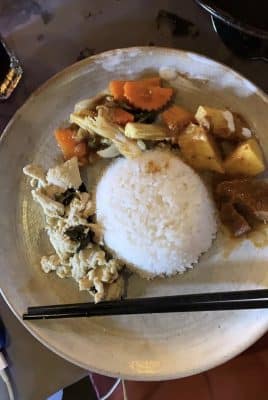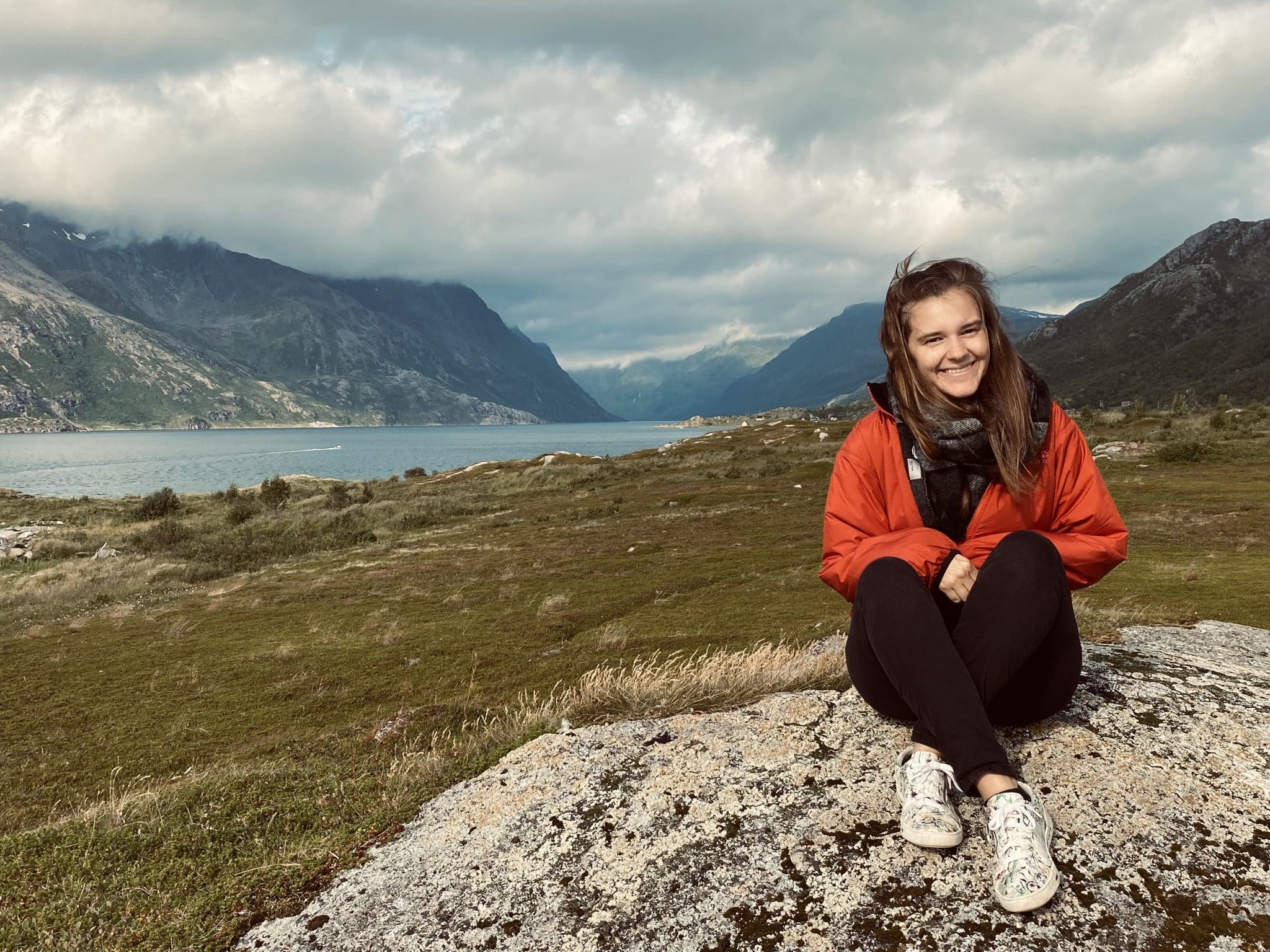by Marina Portmann, Twentyone Travel Blog
This question has been on my mind again a lot in the last few days. We should stop eating meat. We should no longer drive a car. We should no longer eat animal products at all. But we should also not buy alternative products from far abroad. We should certainly not fly. And woe betide us if we book a cruise. Have you offset your CO2 emissions? Buy clothes only with an environmental label. By the way, online shopping is not good either. For all those who love to travel as much as I do, there are now many aspects that we should consider on our adventures.
But what does “sustainable travel” mean exactly? I can explain to you in my words how it feels right for me.
Respecting foreign cultures
For me, this is a big point on this topic. When we travel, we are guests in a foreign country. It is part of decency that we respect people and their values. This starts with the greeting and goes all the way to the culture of clothing, for example, when we visit a religious place. It is important to be well informed before the trip so that we can adapt accordingly. If questions arise locally or you are not clear about how to behave in a situation, it is perfectly okay to ask the locals about it. This is even very much appreciated. Conversely, it’s exactly the same when we have to deal with tourists in our country. This is how we preserve foreign cultures. We do not “force” them to adapt to us, but we adapt to the conditions in the foreign country. So the piece of culture is not lost, which is definitely sustainable for me.
Ecological means of transport

There is not much to say about this factor that has not already been said. We already know that flying is not good for our environment. The fact that we “only” have to do without a short journey and that we can still travel otherwise has not yet reached everyone. We also have to learn that there are many advantages to “traveling slowly”.
It is convenient to be in London within just under two hours and for twenty Swiss francs. That is clear to me. And yet I made a conscious decision not to fly within Europe anymore. And it’s great! All the airport stress is gone, and we also miss so many nice things on the plane. True to the motto “The journey is the reward”. On routes such as Switzerland-London, for example, there is also the fact that if we calculate the journey to the airport, the waiting time there, the flight and the journey from the airport to the hotel, are not really faster than by train.
Local food
Nothing better than that! For me, food when traveling is one of the most beautiful things. Even if I had to learn it. I was more of a “What the farmer doesn’t know, …”. But now, one of my highlights on every trip is to try the local food. It’s one thing to eat a really good burger in Switzerland, and yet it’s quite another thing to eat a really, really good burger in a diner in New York , as we know it from the TV. The atmosphere, the honking of the taxis, the sirens of the fire brigade, the view that does not reach further than the next street because there is already the next sky-high building, all this is part of the experience while eating. And of course, it’s even more fun to try foods that don’t even exist in Switzerland. However, sometimes it takes a little more courage. A woman doesn’t have to like everything. The green idea here is that the food is harvested, produced or cooked locally. No Swiss cheese has to go around the globe for me to eat it in America. Let’s eat on the spot what comes from the place or at least the country we are in.
Supporting the local economy

This means, on the one hand, the consumption of local food and on the other hand, everything else that you can buy on your trip. Think carefully and inform yourself well about the souvenirs you buy and bring home to your loved ones. There are so many great shops selling handmade, regional and traditional souvenirs. In this way, you support the local population that benefits from these sales. Too often I see markets selling imported mass-produced goods that are not authentic at all and that the locals don’t get much out of.
That’s why we travel to get to know the country with all its facets. In my opinion, all of this is part of it. Is it the same to order a coffee at Starbucks in Switzerland as when you do it in the noisy streets of New York? In my opinion, no. We have the privilege of getting everything anytime and anywhere. This can be an advantage or disadvantage. I think in the longer term, this fact has more negatives than positives. We are spoiled. In the times we are living in now, I think this is very evident. Let’s all try to appreciate together the things that the places we visit give us. Our world is so beautiful and it offers so much. Let’s try not to destroy this, but to enjoy it.
It’s the small steps
I try to inform myself as best I can. I listen to podcasts, I read books, I exchange ideas with my fellow human beings. I make my own picture and then implement what feels good to me and that I can stand behind. None of us is perfect and lives climate-neutrally. It’s the small steps that count. That we become aware of the problem and act with the best of our knowledge and conscience. We all have to pull together so that we can protect our beautiful world as we know it.
You can find more information about sustainable travel on Marina’s blog https://twentyonetravel.com/ and her Instagram channel.


